
Biochar has made waves in academic and agricultural circles within the past decade as a solution to climate change, soil fertility and energy production.
Biochar is created from biomass through a process called pyrolysis – high temperature heating within an enclosed environment – similar to the way that charcoal is made. The result is a high-carbon soil enhancer along with various byproducts.
Syngas, or synthesis gas, a combustible hydrocarbon is given off by this process. It has been used as fuel for power plants and vehicles.
The long-term introduction of biochar into agricultural soil allows for greater nutrient and water retention. Migration of soil contaminants and runoff is significantly minimized.
As an environmental consequence, the carbon contained in these biomasses is put into a more chemically stable form. Proponents describe biochar as carbon ‘negative’ instead of carbon neutral.
“Instead of chipping trees into the wood, we should take some of those chipped trees and make biochar out of them,” said Dr. Stephen Hebert, director of the Center for Agriculture at the University of Massachusetts.
Despite enthusiasm, large scale and practical field studies do not yet exist.
“Farmers are not going to take biochar and dump it on their fields if they don’t know what it’s going to do,” Herbert said. He encourages skeptical farmers to perform small-scale experimentation on their own fields.
This lack of real-word field trials have led Emily Cole, a graduate student at the Stockbridge School of Agriculture, to begin a test of the biochar in a cornfield in South Deerfield with various concentration of char. While not yet ready for empirical data, her biochar fields have demonstrated very encouraging results in the past two years.
“We are beginning to see promising results even in the first year of data collection,” she said.
New England is a prime testing ground for such studies. The effects of biochar are discriminating based on soil types and on contents. Different types of biochars are to be created based on the needs of the soil, encouraging the development of designer biochar.
“In 10 years I think we can get to a point where we know general characteristics through a specific feed type,” Cole said.
Added Cole: “Just like farmers send in soil to the lab to get its characteristics, I think we can start sending biochar into the lab.”
According to Cole, these engineered biochars are a next step in agricultural proliferation.
Professor Baoshan Xing at Stockbridge is one such professor who seeks to write a biochar prescription for a given soil ailment.
“You make biochar with a purpose: to remediate, to amend soil,” Xing said.
Some of his research has focused on laboratory-produced biochars for agricultural purposes.
“Not all biochars are the same,” Xing said. “You have to know your soil [and] what kind of problem you have. Then you make the char to fit that problem.”
Proponents and researchers of biochar will arrive at UMass next month to discuss, present and promote biochar at the 2013 North American Biochar Symposium. The upcoming symposium will feature researchers, regulators and individuals advocating biochar and presenting studies.
The symposium is sponsored by the Pioneer Valley Biochar Initiative (PVBI), a local group involved in the proliferation and production of biochar within the region.
A few farms in the region have begun to integrate biochar in their fields and more have expressed interest. PVBI assists these farmers with logistics and supply of biochar.
The upcoming 2013 North American Biochar Symposium will be held Sunday, Oct. 13 through Wednesday, Oct. 16. Presentation schedules are available online at symposium2013.pvbiochar.org.
The New England Small Farm Institute will also hold a field day and workshop in Belchertown as a part of the symposium. More information for these events is available at www.smallfarm.org.
Gavin Portwood can be reached at [email protected].



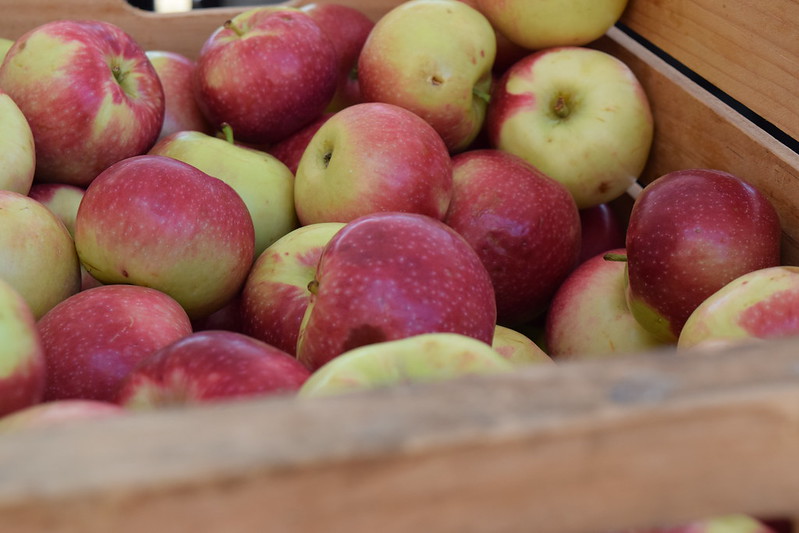
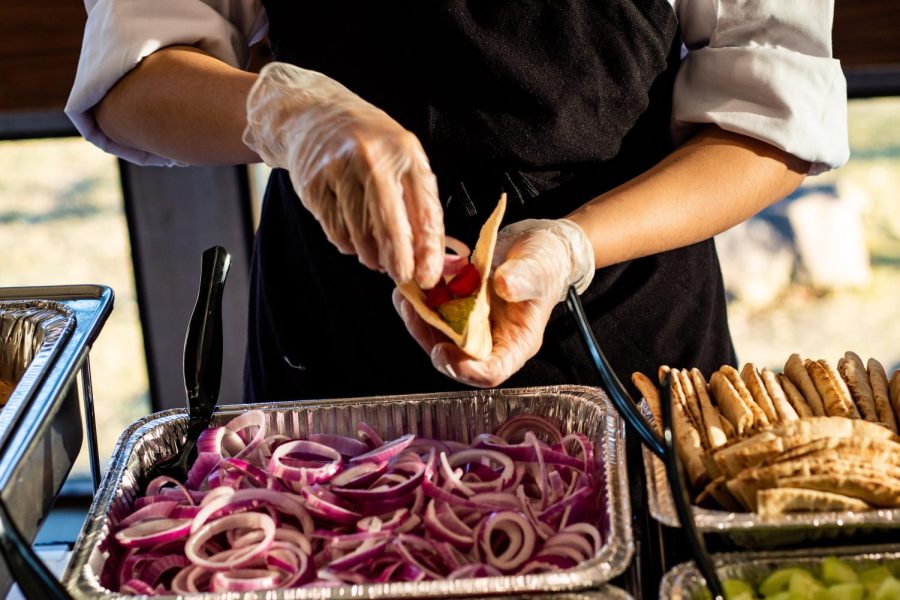
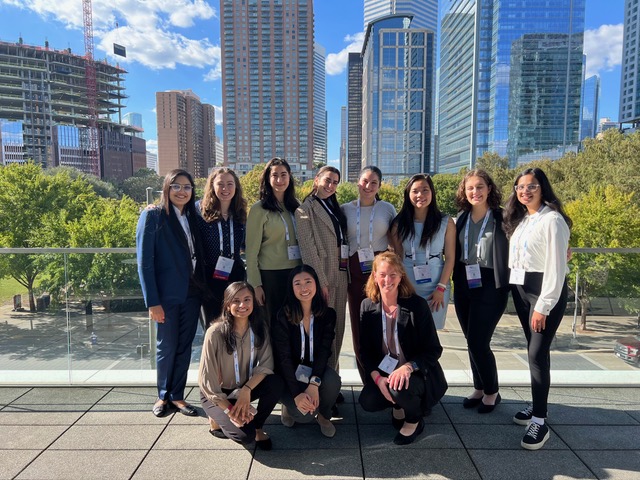
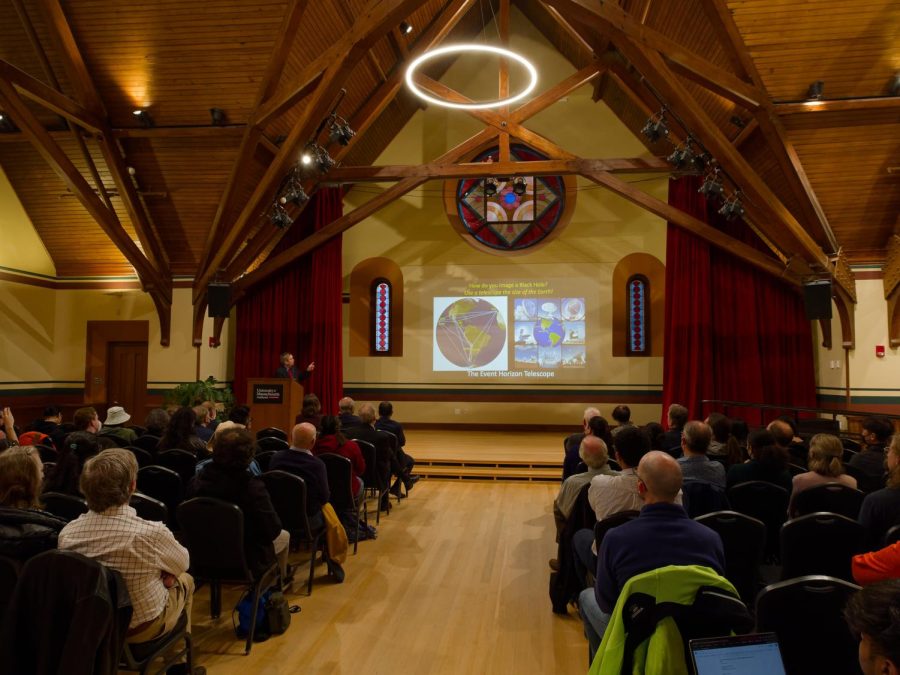

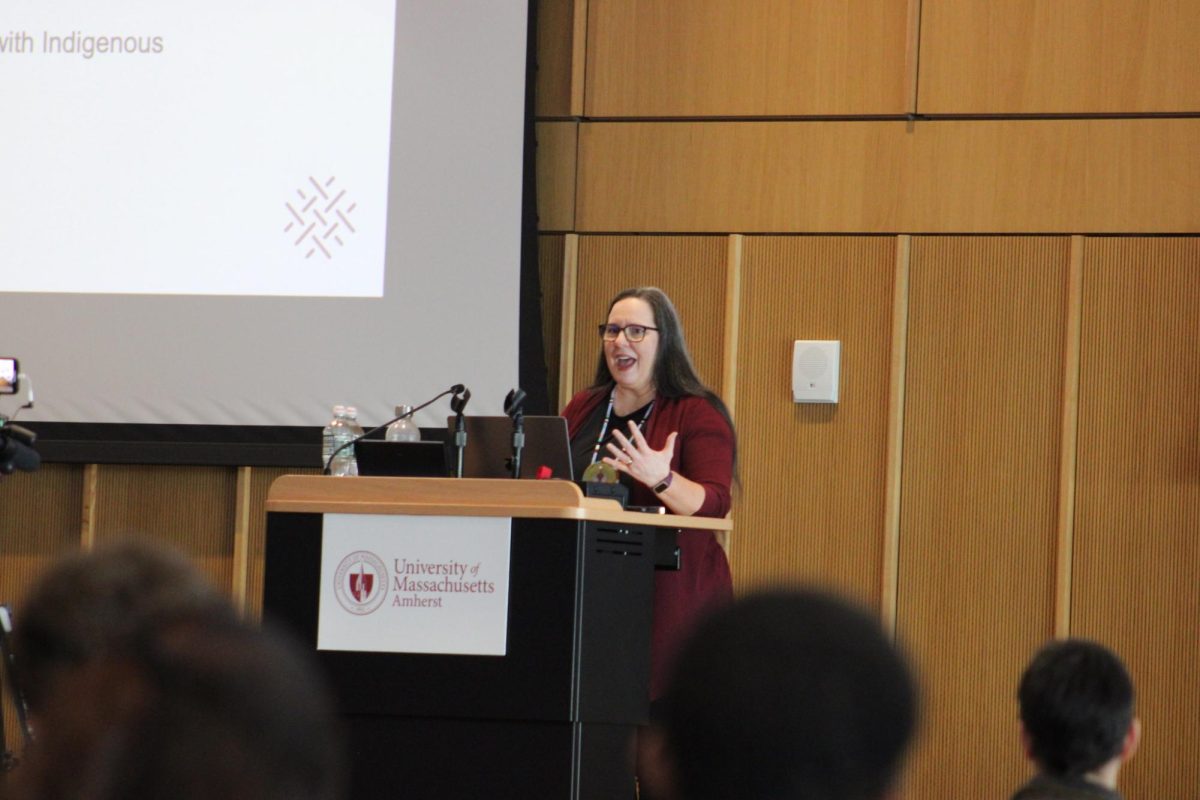

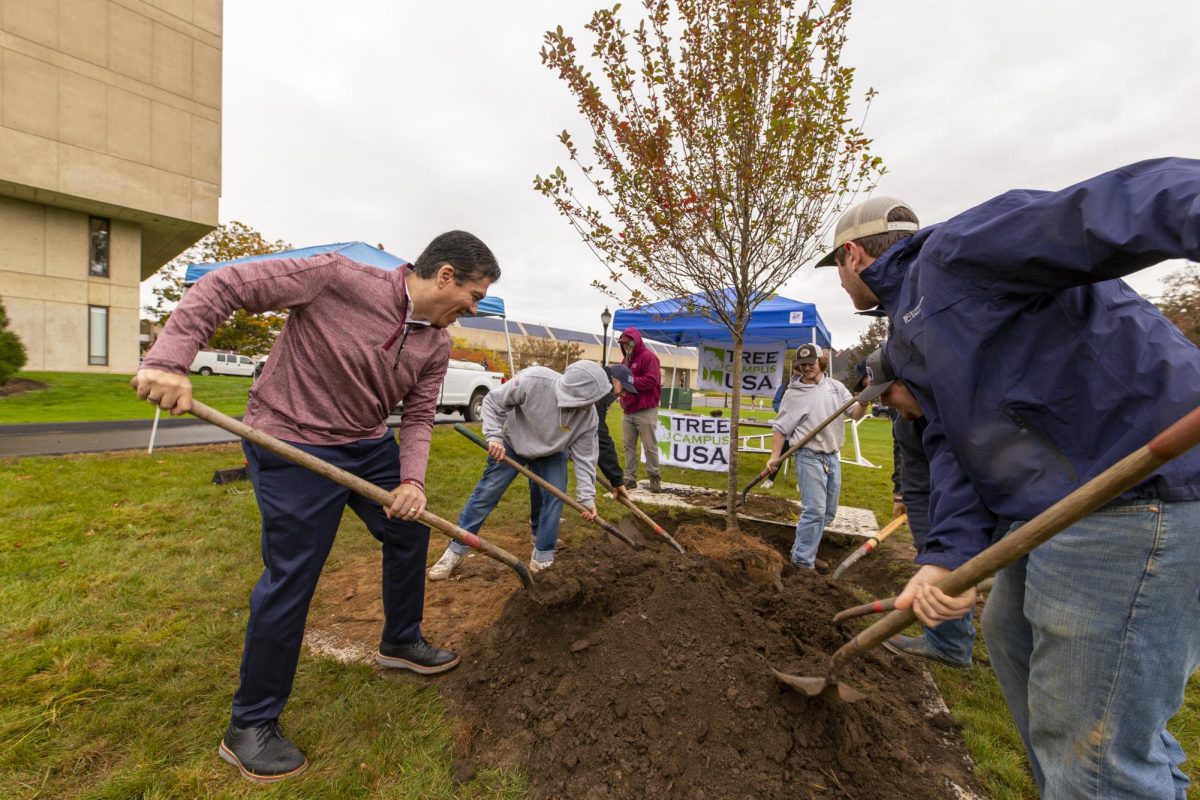
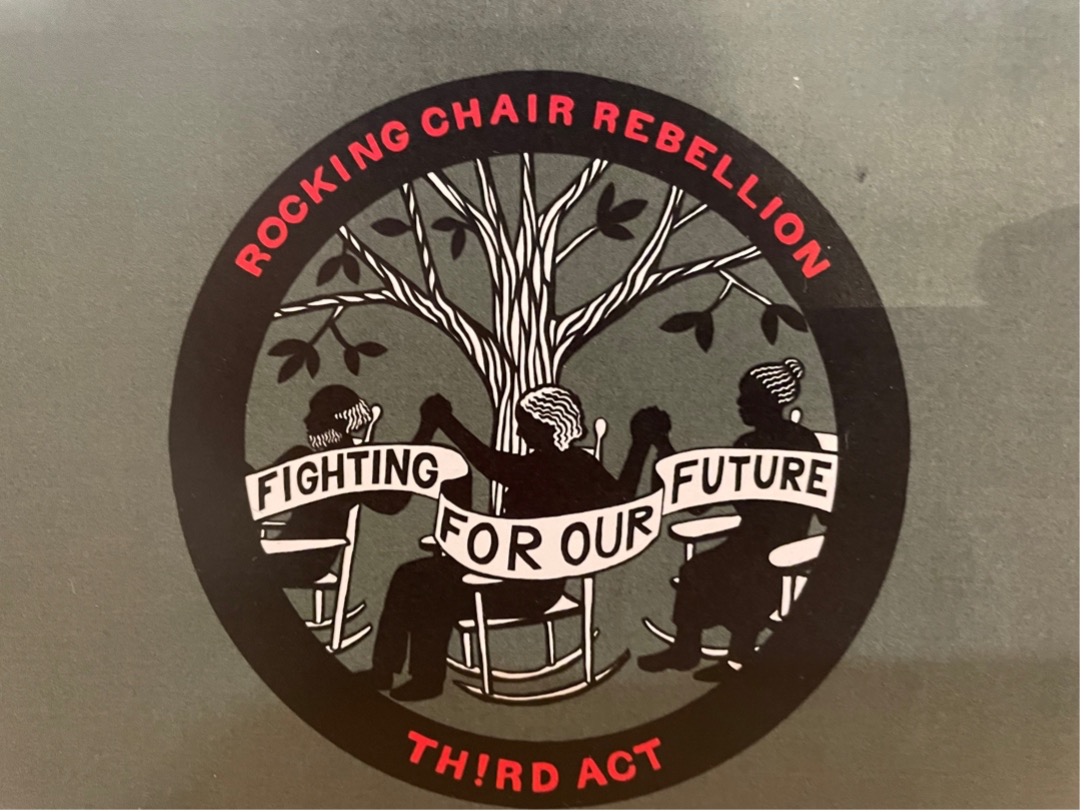





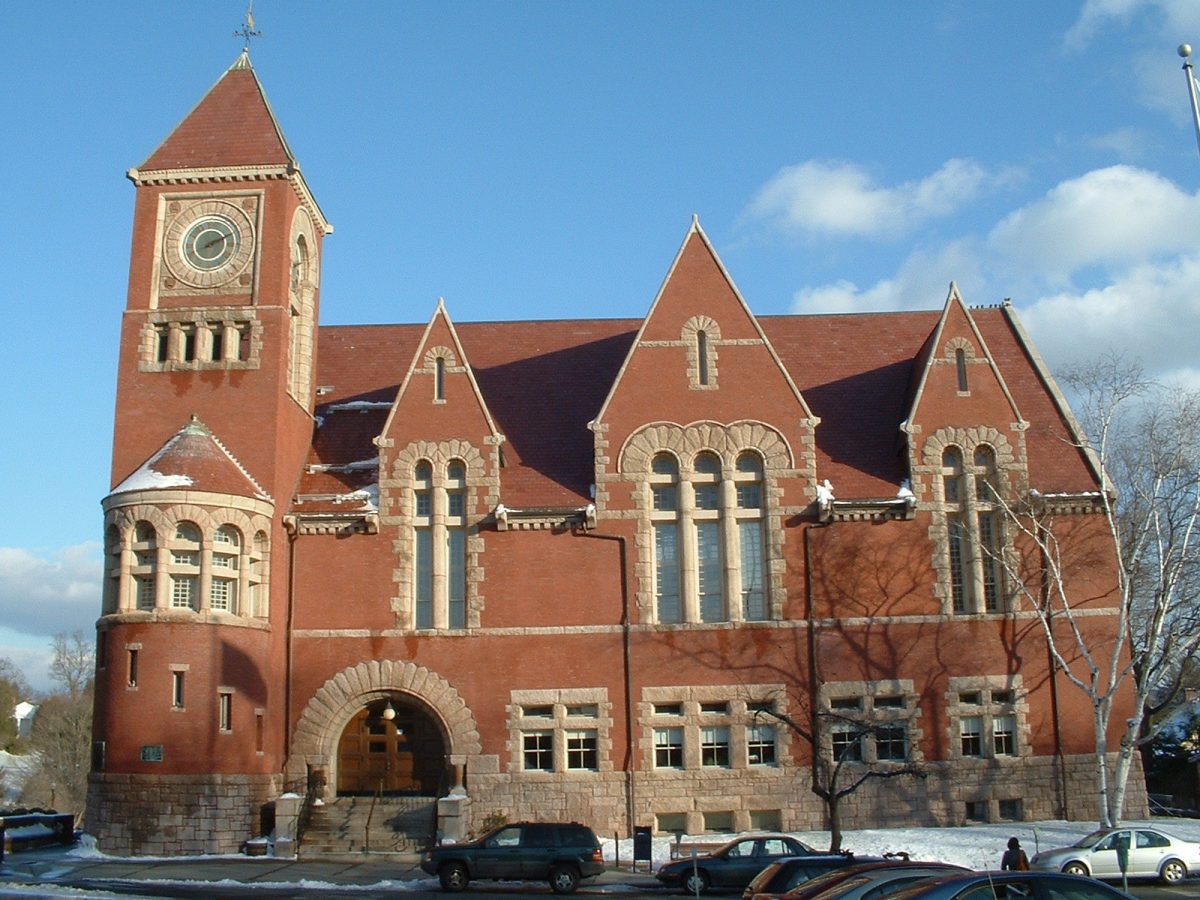
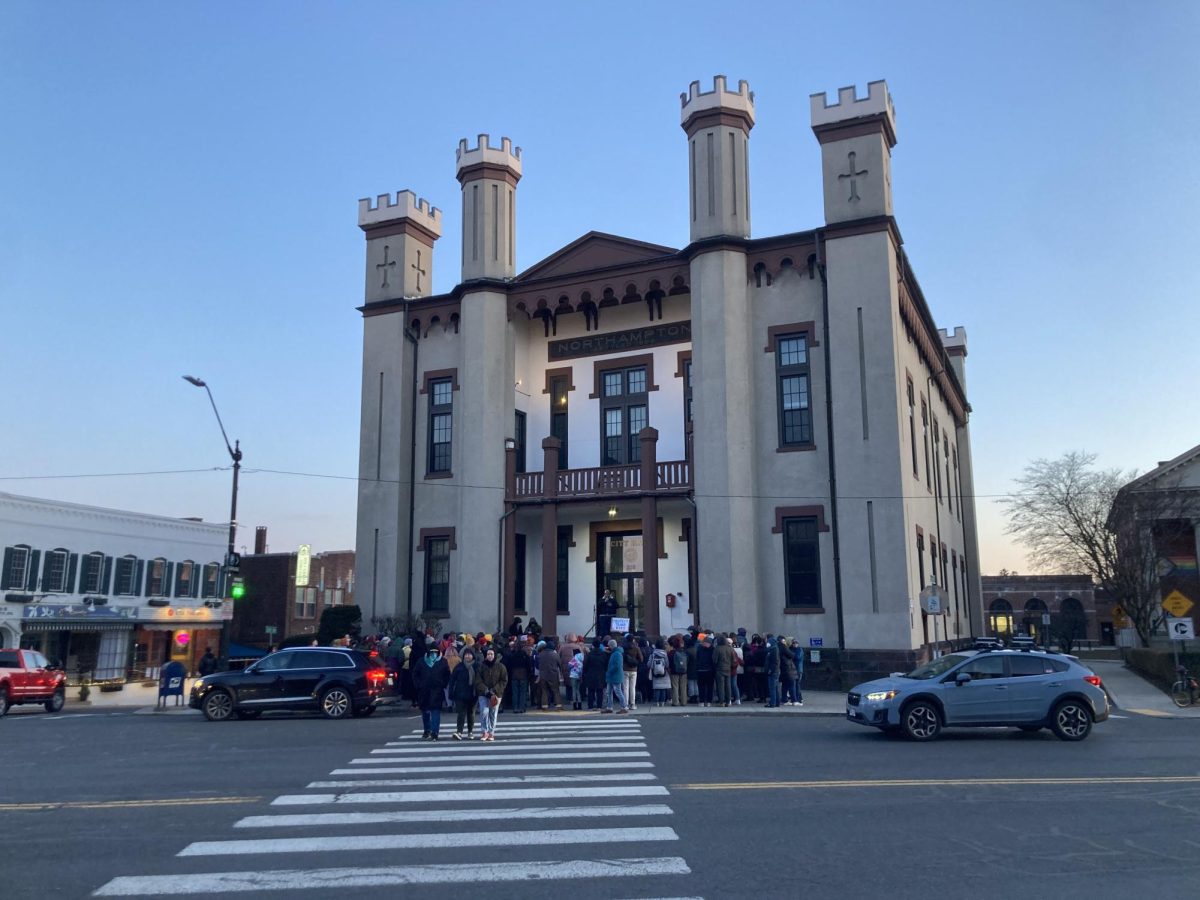
jud • Oct 3, 2013 at 6:56 pm
I used it in Florida on my garden. Was very surprised that it had a big impact even in the first year. Threw it on soil and did my usual organic regimen. Plants in the bio char plot are on steroids is my conclusion 🙂